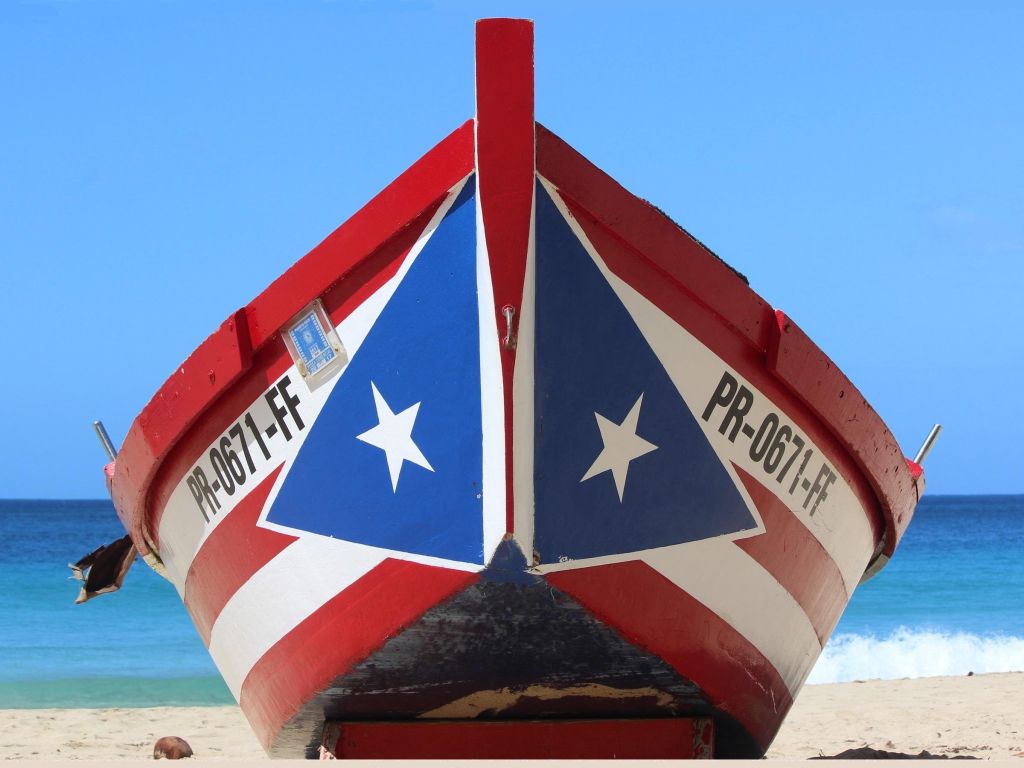Puerto rico pays: Do Puerto Ricans pay federal taxes and contribute to the US economy?
Do Puerto Ricans pay federal taxes and contribute to the US economy?
Do Puerto Ricans pay federal taxes and contribute to the US economy?
SAM
Actualizado
- Compartir en Facebook
- Compartir en Twitter
- Compartir en Whatsapp
- Enviar por email
- US News.
Social Security Payments: What social security benefits are you eligible for?
The U.S. Supreme Court has recently ruled that Puerto Ricans don’t have a constitutional right to Supplemental Security Income, which is available to residents who are older than 65, blind or disabled.
Puerto Rico is considered as a U.S. insular area and Puerto Ricans are U.S. citizens, but as Justice Brett Kavanaugh stressed a few days ago, some of the country’s residents are not required to pay certain federal income taxes.
“In devising tax and benefits programs, it is reasonable for Congress to take account of the general balance of benefits to and burdens on the residents of Puerto Rico,” Kavanaugh wrote.
“In doing so, Congress need not conduct a dollar-to-dollar comparison of how its tax and benefits programs apply in the States as compared to the Territories, either at the individual or collective level.
“Just as not every federal tax extends to residents of Puerto Rico, so too not every federal benefits program extends to residents of Puerto Rico.”
Meanwhile, Justice Sonia Sotomayor asked for equal treatment for all the U.S. citizens, pointing out that Puerto Ricans don’t have representation in the Congress.
“Equal treatment of citizens should not be left to the vagaries of the political process,” she said.
“Because residents of Puerto Rico do not have voting representation in Congress, they cannot rely on their elected representatives to remedy the punishing disparities suffered by citizen residents of Puerto Rico under Congress‘ unequal treatment.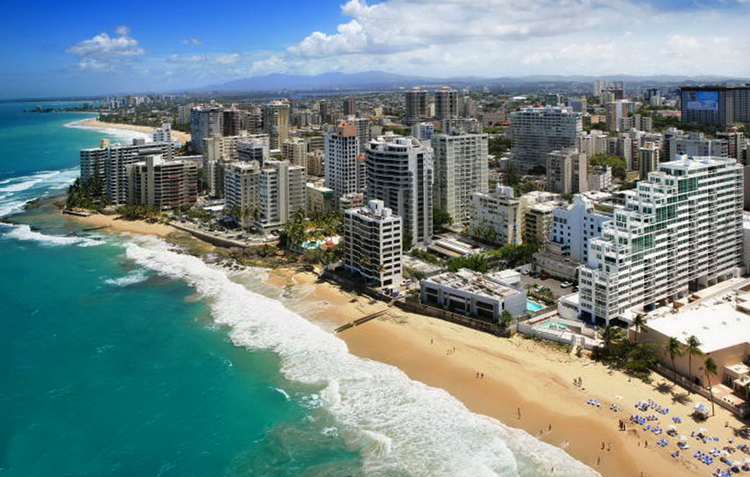 “
“
Puerto Ricans do pay federal taxes, but the majority of them do not contribute to income taxes which are only paid by Puerto Rico residents who work for the federal government, those who are in the U.S. military, others who earn money from outside the country and those who work with the federal government. However, Puerto Rico residents pay customs, federal commodity and payroll taxes.
- Taxes – English
Puerto Rico pays taxes. The US is obligated to help it just as much as Texas and Florida.
When a president visits a disaster zone, three things normally happen: He thanks emergency responders for their work, offers words of comfort to victims, and promises to commit all federal resources available.
When Trump visited Puerto Rico Tuesday, two weeks after Hurricane Maria devastated the island, he had few words of support for the 3.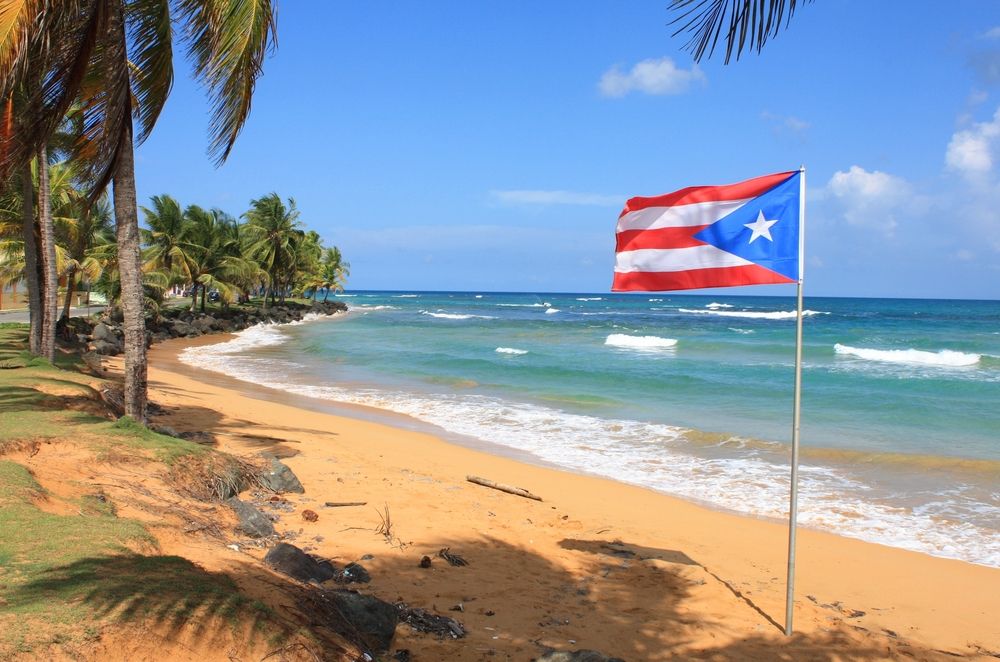 4 million Americans who live on the island.
4 million Americans who live on the island.
Instead, Trump spent a lot of time downplaying the severity of the storm and complained about how much money the US government is spending to help.
“I hate to say it, Puerto Rico, you’ve thrown our budget out of whack,” he said during a briefing with local and federal responders. “We’ve spent a lot of money in Puerto Rico.”
A spokesperson for FEMA told me Tuesday that the agency had approved $35 million in public and individual assistance grants for the island. Meanwhile, FEMA has approved $691 million in grants to Irma victims in Florida and has sent $323 million to Texas communities recovering from Harvey.
Public and individual assistance figures don’t capture all the federal money spent responding to a disaster, but they do give a good picture of recovery costs to date.
In hounding Puerto Rico about money, President Trump was trying to make a larger point. He was telling Puerto Ricans that they should be grateful for whatever help they end up getting from Washington, DC. Trump is framing the US response in Puerto Rico as an act of charity and goodwill.
Trump is framing the US response in Puerto Rico as an act of charity and goodwill.
What the president may not realize is that Puerto Rico funds the US government. Puerto Ricans who live on the island aren’t just American citizens — they’re American taxpayers. They pay payroll taxes, business taxes, and estate taxes. They helped pay for disaster relief in Texas after Hurricane Harvey and in Florida after Hurricane Irma.
Now they are entitled to the same response and financial help that the federal government extended to those states. This is not a matter of charity or goodwill. It’s how the federal government is supposed to work.
Puerto Rico pays billions of federal taxes each year
Puerto Rico is a US territory and not a state, so its residents don’t pay federal income tax unless they work for the US government. Even so, workers there pay the majority of federal taxes that Americans on the mainland pay — payroll taxes, social security taxes, business taxes, gift taxes, estate taxes and so on.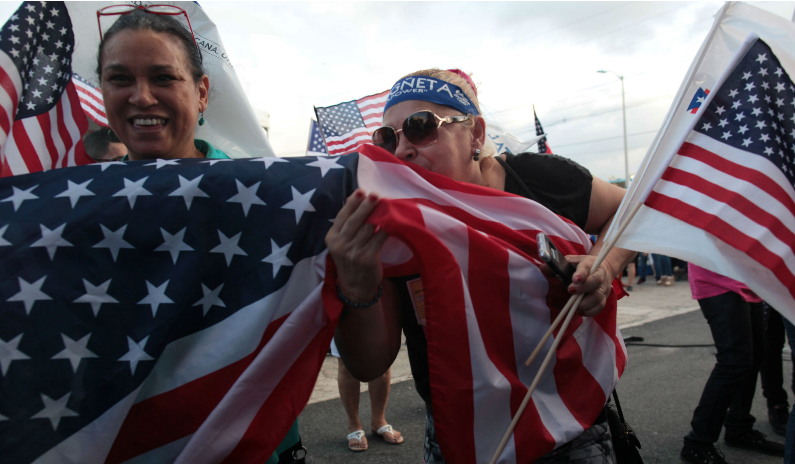
The recent economic crisis on the island has put a huge dent in the federal tax revenue collected from Puerto Rico, but it still added up to $3.6 billion in fiscal year 2016. That’s not much less than some states where residents do pay income tax: Vermont and Wyoming paid $4.5 billion in federal taxes that year.
Even during the island’s worst financial crisis, Puerto Rico is still directly funding the US government, including the Federal Emergency Management Agency, which is spending millions of dollars to rebuild damaged infrastructure in Houston after Hurricane Harvey.
In Texas, FEMA has provided $323 million worth of public assistance grants and has authorized both short-term emergency help and long-term rebuilding costs. It only took one week for Trump to ask Congress for extra relief money to help Texas rebuild critical infrastructure and to provide residents and businesses with low-interest recovery loans.
So far, Trump has only authorized the basic response for short-term emergency help in Puerto Rico, even though the island needs extensive work on infrastructure.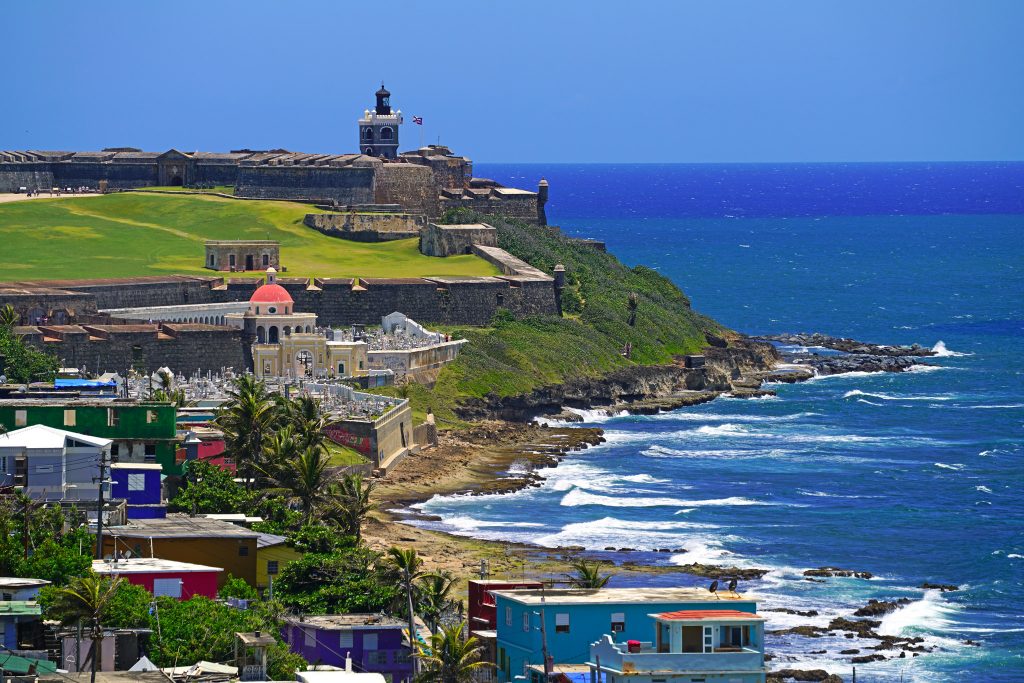
Meanwhile, the White House is in no hurry to ask Congress to draft a relief package for Puerto Rico. Instead, the president keeps implying that he doesn’t know how the massive rebuilding effort will be funded. Instead of assuring Puerto Rico that the government will pay for the same type of rebuilding efforts happening in Texas, though, President Trump is essentially telling the island not to expect too much.
…The fact is that Puerto Rico has been destroyed by two hurricanes. Big decisions will have to be made as to the cost of its rebuilding!
— Donald J. Trump (@realDonaldTrump) September 29, 2017
Disaster relief isn’t based on a state’s financial health
There are no official estimates out yet on the cost of the hurricane damage to Puerto Rico, but just fixing the electrical system will cost billions of dollars, a Department of Energy responder told me. Then there’s the cost of rebuilding hospitals, water pumping stations, and other critical infrastructure.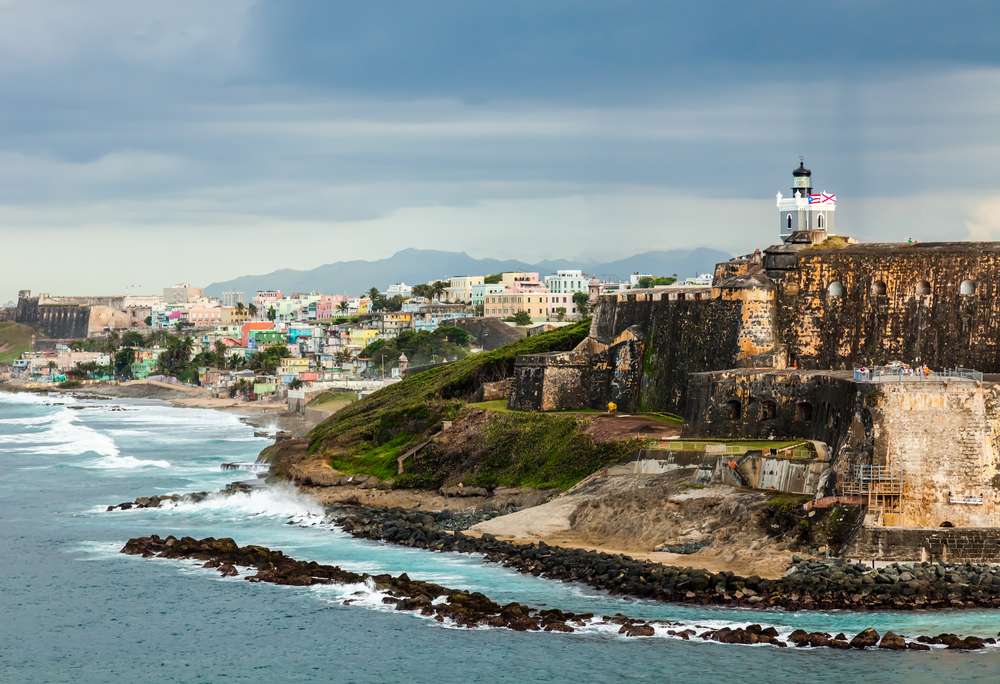
It’s true that the government of Puerto Rico is bankrupt, and, as President Trump likes to point out, partially to blame for its own fiscal mess. And measured on a per capita basis, Puerto Ricans pay fewer taxes per capita than residents of any of the 50 states.
But that is irrelevant. The federal government doesn’t operate business transactions with each state, giving the best services to the states that pay the most taxes. That’s not how the government works.
The Stafford Act, which governs federal response to major disasters, says the government must provide help to Puerto Rico like it would to any other state. It doesn’t say that help should be based on the state’s financial health. If it did, that would mean the government should give less help to Illinois after a disaster because the state is nearly bankrupt.
Nor does it say disaster relief depends on how much it puts the budget “out of whack,” in Trump’s words. After all, the majority of states get more back from the federal government than they pay in taxes.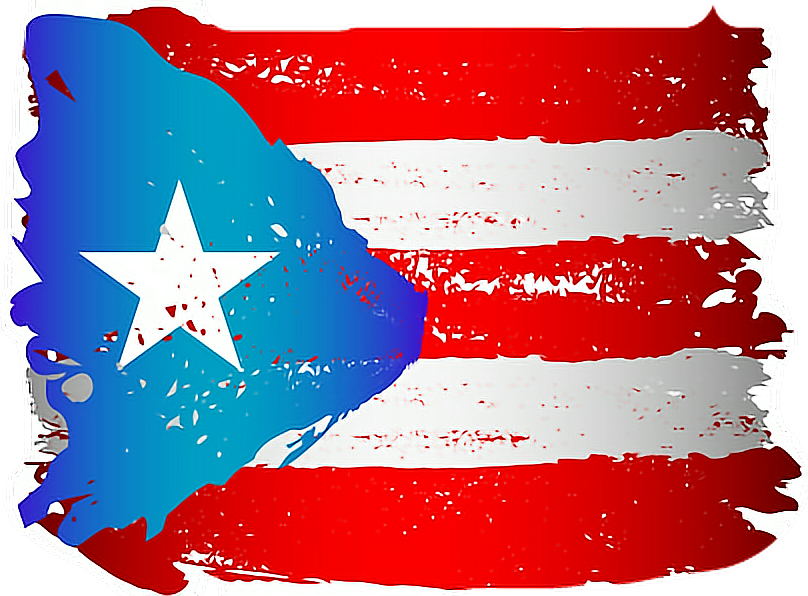 One of them is Louisiana, where the federal government spent $9.9 billion rebuilding after Katrina. Nobody complained about the cost. In fact, President George W. Bush was criticized for not doing more for Katrina victims.
One of them is Louisiana, where the federal government spent $9.9 billion rebuilding after Katrina. Nobody complained about the cost. In fact, President George W. Bush was criticized for not doing more for Katrina victims.
Help keep articles like this free
Understanding America’s political sphere can be overwhelming. That’s where Vox comes in. We aim to give research-driven, smart, and accessible information to everyone who wants it.
Reader gifts support this mission by helping to keep our work free — whether we’re adding nuanced context to unexpected events or explaining how our democracy got to this point. While we’re committed to keeping Vox free, our distinctive brand of explanatory journalism does take a lot of resources. Advertising alone isn’t enough to support it. Help keep work like this free for all by making a gift to Vox today.
One-Time
Monthly
Annual
$95/year
$120/year
$250/year
Other
Yes, I’ll give $250/year
Yes, I’ll give $250/year
We accept credit card, Apple Pay, and
Google Pay. You can also contribute via
You can also contribute via
Tax haven in Puerto Rico │ InternationalWealth.info
Despite deoffshorization processes around the world, in practice this often means one thing: some offshore companies crowd out others. Major economic powers have their own interests in “their” offshores, which they try to protect from outside attacks, while at the same time attacking “strangers”. As a result, the balance of power simply changes. And it is not without reason that over the past year, experts have been saying more and more confidently that Puerto Rico may soon become a popular and sought-after tax haven.
This is evidenced, in particular, by the sharp increase in the number of international financial institutions registered in Puerto Rico, or simply offshore banks. The relevant law regulating the activities of these institutions has been in force in Puerto Rico since 2012.
According to official figures, there are currently about 44 international financial institutions operating in Puerto Rico, 18 of which were opened in the past year.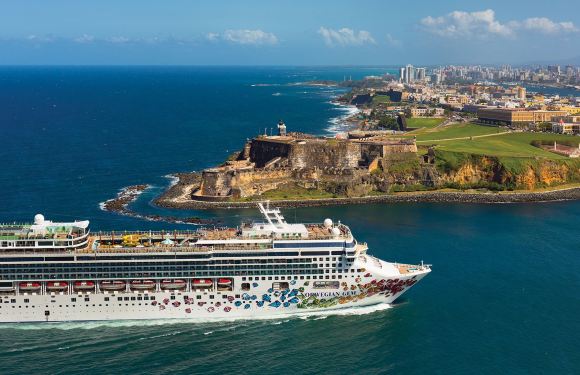 The total assets of these institutions were estimated at $848 million in March 2017, up $150 million from the end of 2016 and more than double that of the end of 2015.
The total assets of these institutions were estimated at $848 million in March 2017, up $150 million from the end of 2016 and more than double that of the end of 2015.
Advantages of Puerto Rico for offshore banks
So, what attracts people to Puerto Rico who want to register an offshore bank?
- American tax haven. Puerto Rico – the only place in the world where US tax residents may not pay all federal taxes. It’s all about the special state status of Puerto Rico. Officially, it is a freely associated state or an unincorporated organized territory, but in fact it is a US colony. Puerto Rico is both part of the United States and not part of the United States.
On the one hand, Puerto Ricans living on the island are denied the opportunity to vote in US elections. On the other hand, they do not pay federal income tax on their income in Puerto Rico. At the same time, a US tax resident who spends at least 183 days in a calendar year on this island will automatically become a Puerto Rico tax resident, which will exempt him from paying mainland US tax.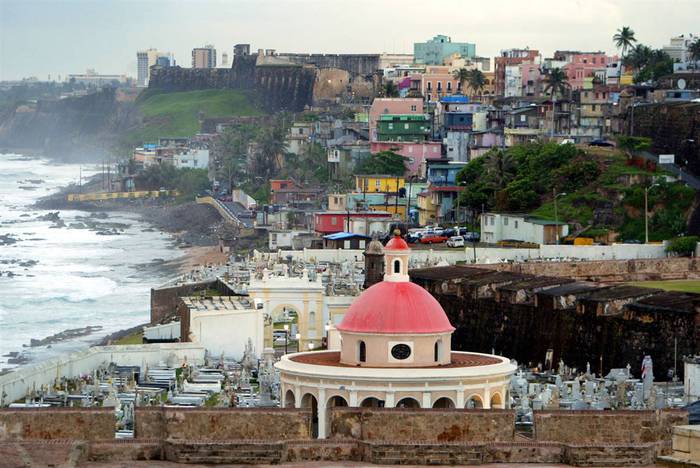
- Preferential taxation of foreign investments. Investments of foreign citizens in Puerto Rico are not taxed. In return, the international financial institutions that hold these investments pay a reduced income tax rate of 4%.
- Anonymity and confidentiality . Because the US does not participate in automatic information sharing, Puerto Rican International Financial Institutions are not required to collect information about their customers unless they are US tax residents and do not earn income in the US.
To take advantage of this situation, non-US residents open a shell company or trust and transfer assets to them. The company or trust then invests these assets in a Puerto Rican international financial institution. In this case, the data on the beneficiary is not subject to exchange under the CRS, and they are not interesting for the US tax if the beneficiary is not a resident. In some cases, the desire for privacy is more than understandable – confidential accounts can protect against cases of kidnapping for the purpose of extortion in countries where law enforcement is not very strong.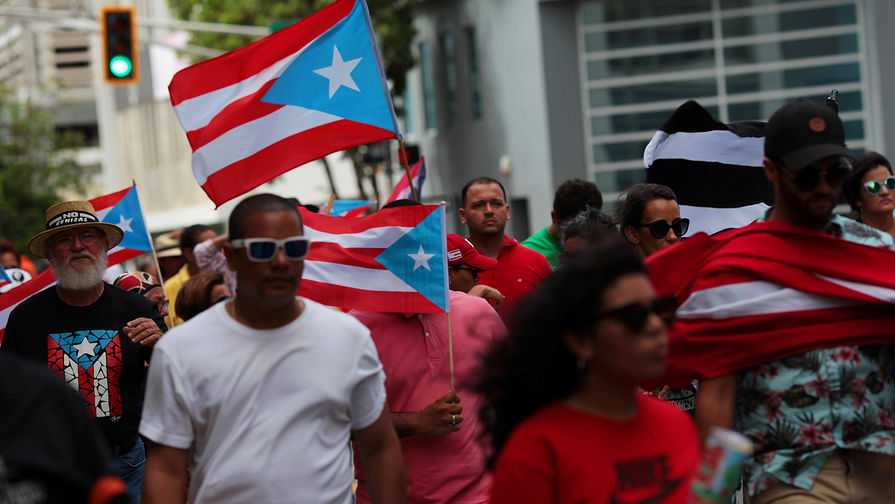
At the same time, it is worth remembering that international financial institutions in Puerto Rico do not have absolute immunity from US authorities. They must report suspicious financial activity and help US government agencies fight money laundering, as well as respond to tax inquiries.
- The stability and protection of the US legal system . Despite its exclusive status, Puerto Rico is still a territory dependent on the United States. which includes dependence on the legal system.
- Low operating costs. Puerto Rico has a high unemployment rate, keeping wages fairly low. Office space rent is also quite low.
Can Puerto Rico become a top tax haven?
Economically, Puerto Rico is in a difficult position. In 2016, Puerto Rico went into default. After that, many residents left the island, going to the mainland. And at the same time, private bankers headed to Puerto Rico, ready to take advantage of gaps in US tax law.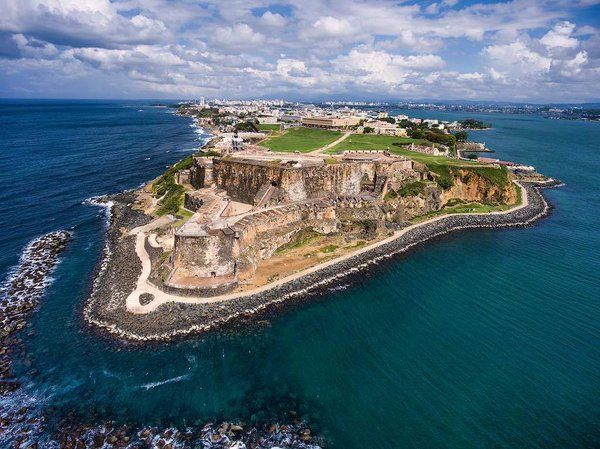
The mushrooming international financial institutions could both save Puerto Rico’s economy and cause serious problems. In any case, no one guarantees that what happened recently in Panama will not happen in Puerto Rico.
The advantages of Puerto Rico in the field of taxation are primarily due to the special status of this territory. At the same time, the population of the territory does not want to maintain this status. In a referendum in 2017, nearly 100% of Puerto Ricans (with a turnout of 23%) expressed their desire to join the US as another state. The corresponding decision must be made by the US Congress, but the Republican Party insists that the status of Puerto Rico should not be changed.
In addition, Puerto Rico has competitors on the US mainland, such as Nevada, Wyoming, Florida, Delaware, South Dakota. These states can provide both tax incentives and a high degree of privacy, as long as they are not used for tax evasion.
For more information about setting up a business in the USA, please contact our specialists: info@offshore-pro.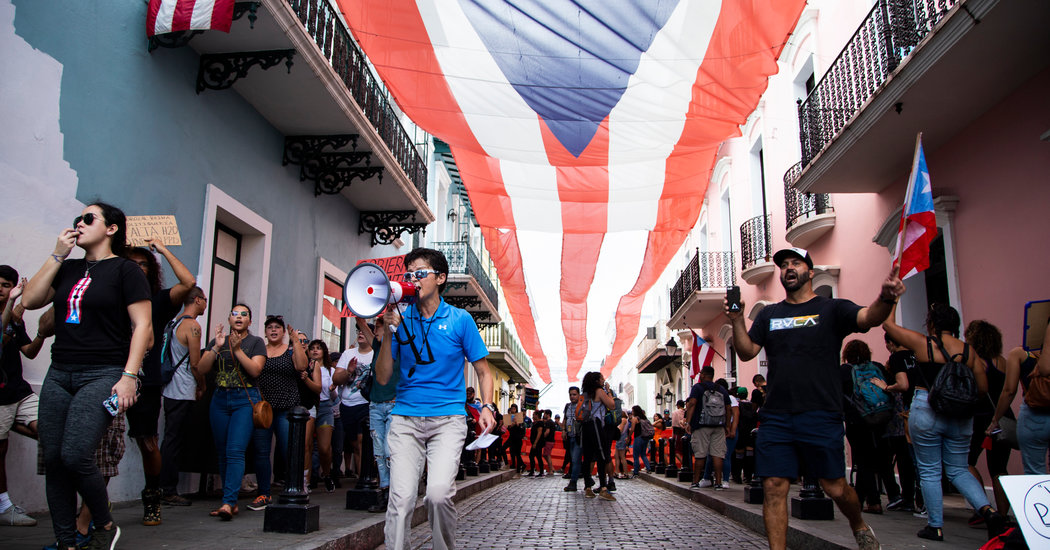 info.
info.
Puerto Rico defaulted on public debt – RBC
adv.rbc.ru
adv.rbc.ru
adv.rbc.ru
Hide banners
What is your location ?
YesChoose other
Categories
Euro exchange rate on November 17
EUR Central Bank: 62.67
(+0.04)
Investments, 16 Nov, 16:00
Dollar exchange rate on November 17
USD Central Bank: 60.35
(+0.04)
Investments, 16 Nov, 16:00
In Moldova, they announced a large number of “Russian spies”
Politics, 02:17
Lost more than won: how to help people with gambling addiction
Partner project, 02:02
The LPR reported that Ukraine was preparing a provocation in the Kharkiv region
Politics, 01:51
adv.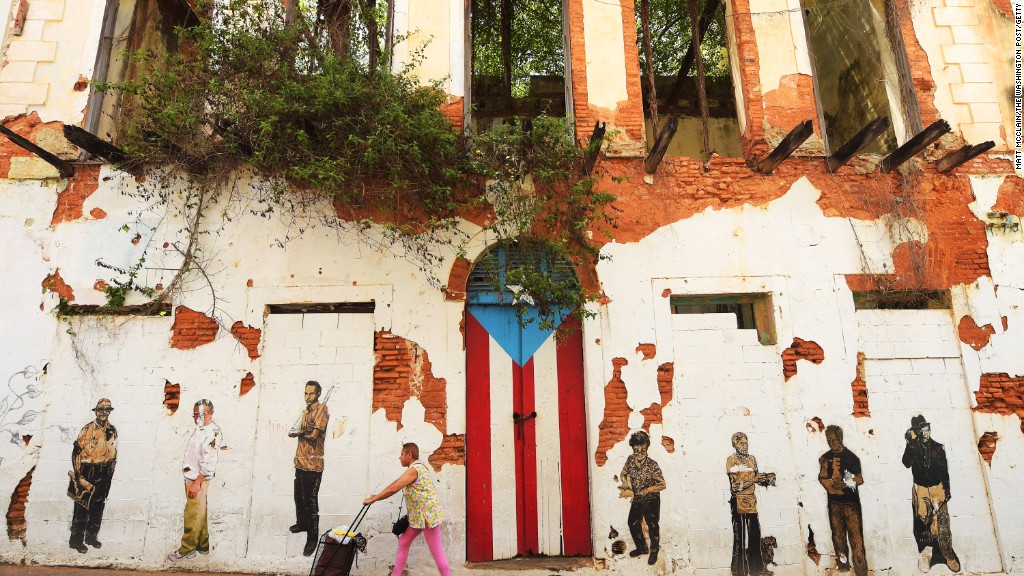 rbc.ru
rbc.ru
adv.rbc.ru
Kadyrov responded to the SBU’s wanted list with the phrase “I’ll come myself”
Politics, 01:18
Investigative Committee opened a criminal case after Kadyrov and Surovikin were put on the wanted list
Politics, 01:10
Experts have warned about the increase in the time of inspections at Moscow airports
Society, 01:00
What anti-aging strategy to follow after 35 years
RBC and Virsavia, 01:00
Explaining what the news means
RBC Evening Newsletter
Subscribe
Nebenzya accused Ukraine of trying to cause a clash between Russia and NATO
Politics, 00:49
Zelensky explained the refusal to evacuate the population during the fighting
Politics, 00:33
Zelensky will offer Russia a “public form” of negotiations
Politics, 00:20
The United States announced unsuccessful attempts to contact Russia about missiles in Poland
Politics, 00:20
Realtors named areas of Moscow with the cheapest and most expensive skyscrapers
Real estate, 00:14
In search of the spring of self-development of the child: what determines the strategy
RBC and AFI Park Vorontsovsky, 00:10
First ever.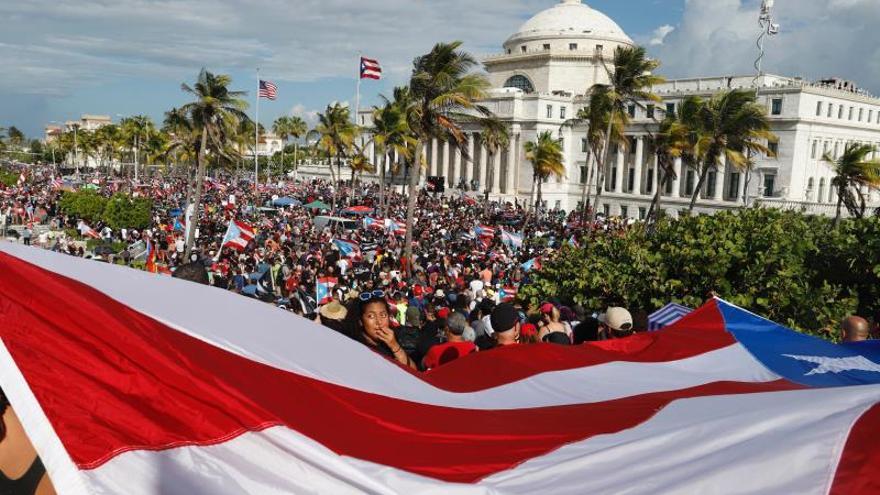 What is important to know about the match between Russia and Tajikistan
What is important to know about the match between Russia and Tajikistan
Sport, 00:00
adv.rbc.ru
adv.rbc.ru
adv.rbc.ru
Deposit “Stable”
Your income
0 ₽
Rate
0%
More
VTB Bank (PJSC). Advertising. 0+
Puerto Rico defaulted by failing to make part of the payment on its debt to creditors. Earlier, the authorities announced the lack of funds to fulfill their obligations. The total debt of the state exceeds $70 billion
Earlier, the authorities announced the lack of funds to fulfill their obligations. The total debt of the state exceeds $70 billion
Bankrupt store in Puerto Rico
(Photo: REUTERS 2015)
Puerto Rico defaulted on its debt obligations by failing to make part of the payment to creditors. This is stated in a message published on the website of the State Development Bank of Puerto Rico.
“Due to a lack of allocated funds for the current fiscal year, payments were not fully made today,” said the head of the Melba organization, Acosta Febo. He noted that Puerto Rico’s public financial corporation, which is responsible for debt repayments, contributed only about $628,000 of the $58 million due on August 1.
On Saturday, August 1, the state missed paying $58 million in debt. On August 3, Puerto Rico authorities admitted that they did not have the money to meet their obligations.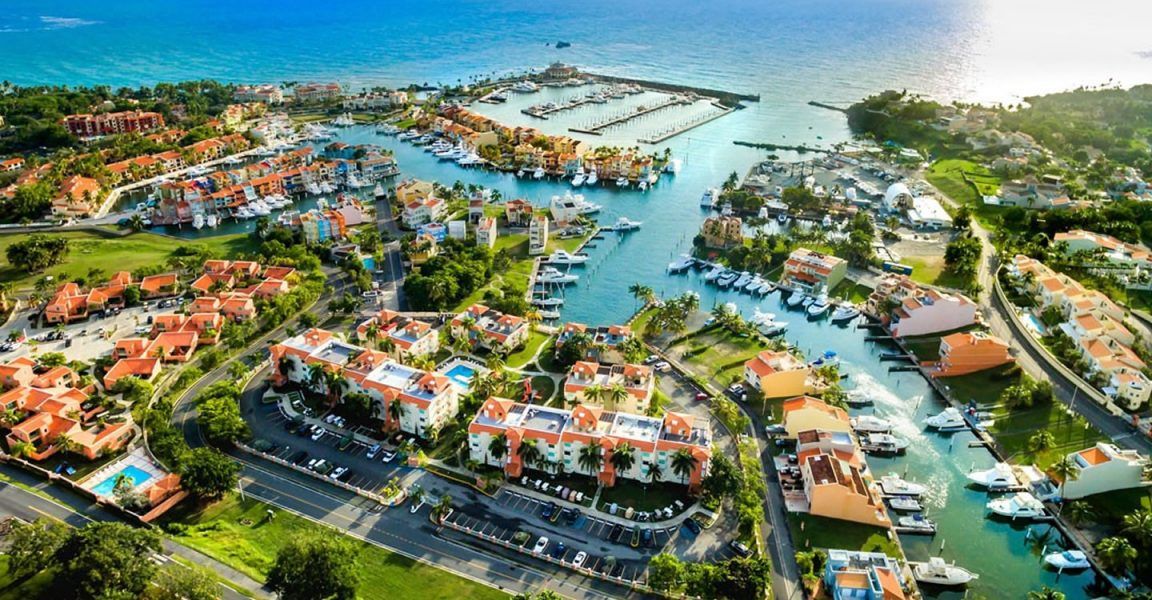 The country’s total debt to creditors is over $70 billion
The country’s total debt to creditors is over $70 billion
adv.rbc.ru
At the beginning of July of this year, Puerto Rico, which the media dubbed “American Greece”, was already on the verge of default. Then the state managed to make last-minute payments on bonds backed by a general guarantee in the amount of $645.2 million.billion of debt found $415 million to pay creditors. In addition, the country returned $265 million to banks by repaying a $900 million syndicated loan issued last year.
adv.rbc.ru
The State of Puerto Rico has the status of an “unincorporated organized territory” and is dependent on the United States. The supreme power in the country belongs to the American Congress, while the state has a system of self-government.
As RBC wrote earlier, according to the US Bankruptcy Code, Puerto Rico is not entitled to declare its financial insolvency. Only municipalities have such a right, and the island state is not.